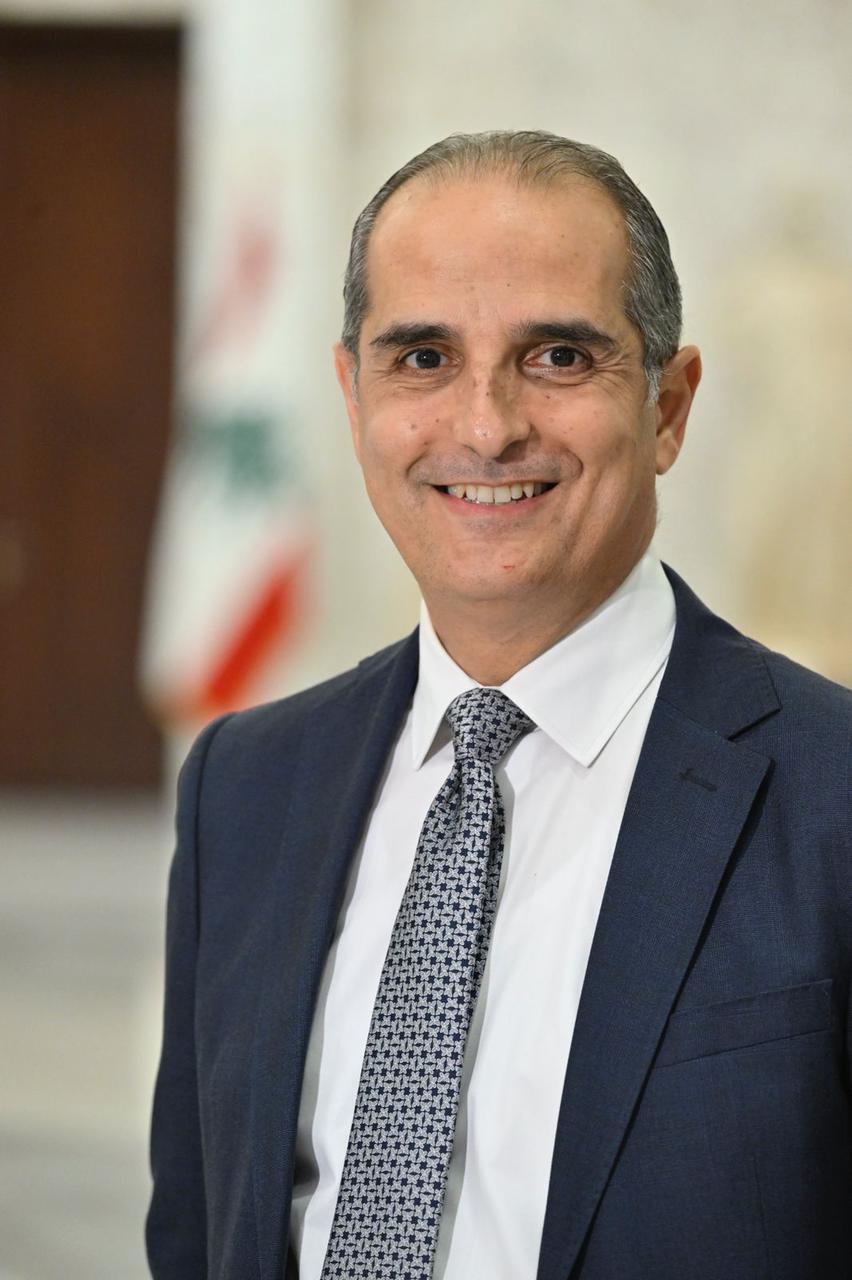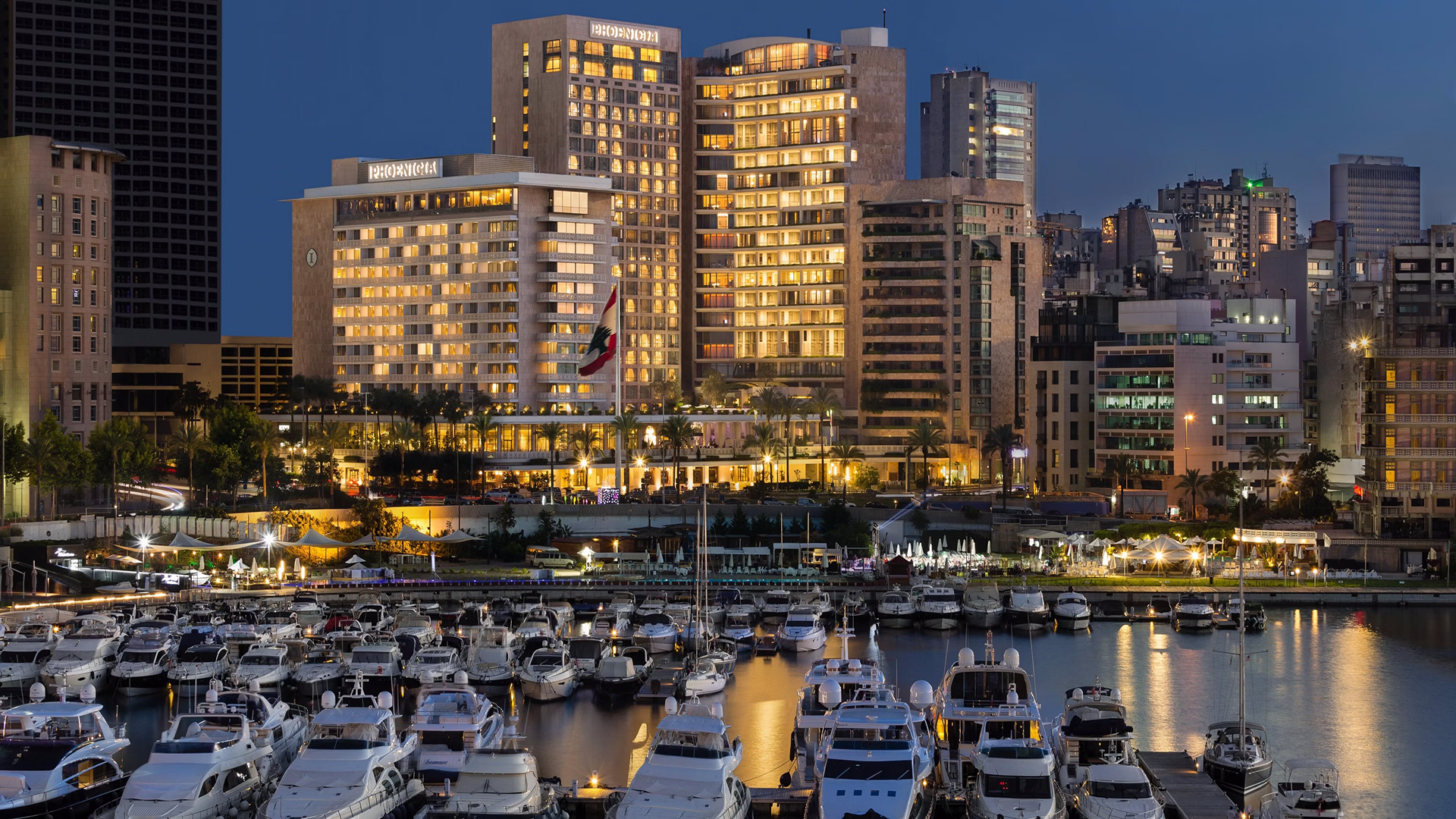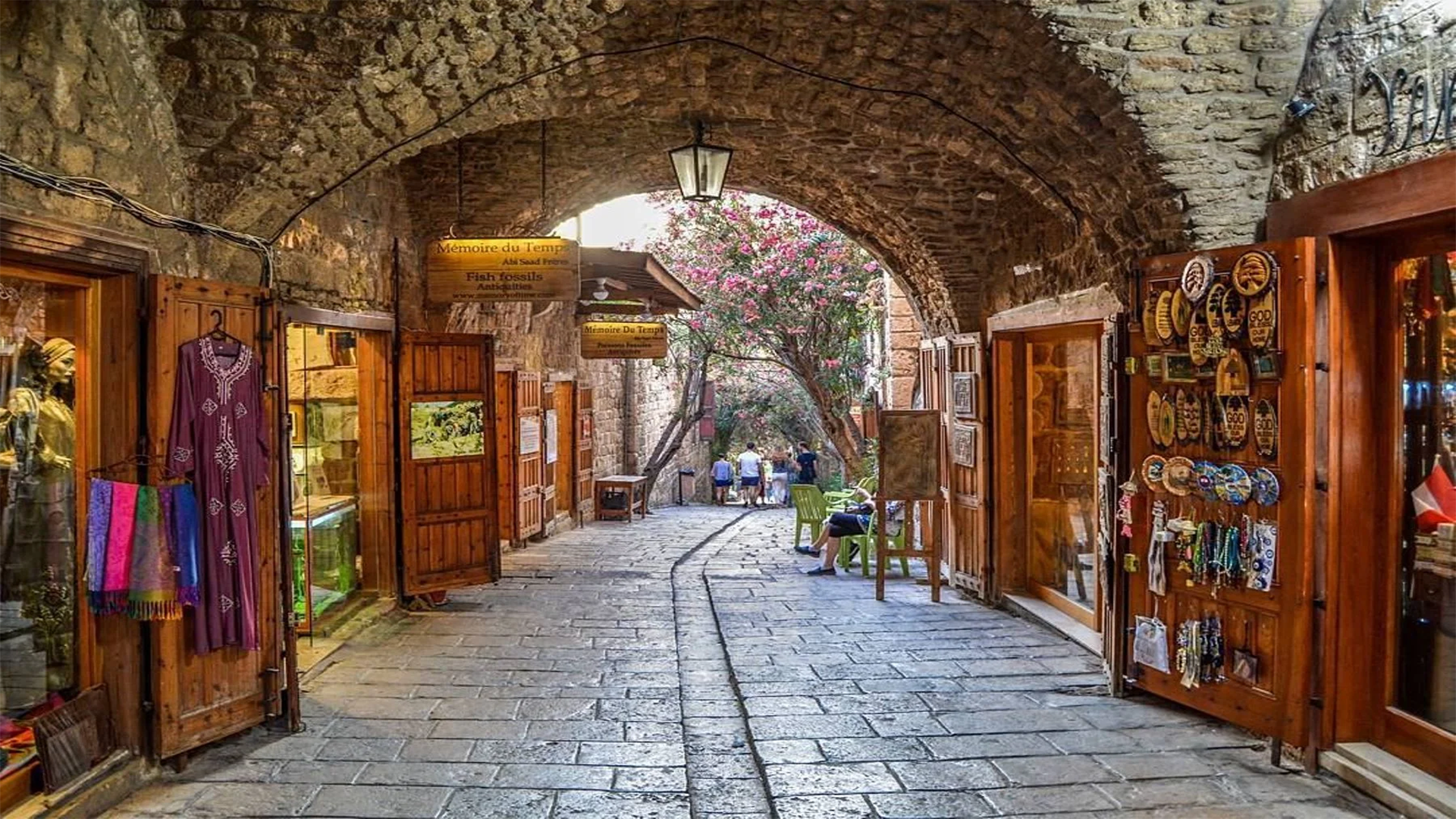About Lebanon Beirut daily tours, Lebanese cuisine, Jeita Grotto, Baalbek ruins
Welcome to Lebanon - Where Anything is Possible
Lebanon, the "Pearl of the Mediterranean," is a country of breathtaking beauty, rich history, and vibrant culture. From ancient ruins to modern cities, Lebanon offers a unique blend of experiences for every traveler.
A Brief History of Lebanon
Click on a year to explore Lebanon's rich history

Yazbek Wehbi
Media Personality & University Professor Holder of a degree in Political and Administrative Sciences from the Lebanese University. News correspondent, anchor, and host of political programs on LBCI. Presenter of "Lebanon Bi Qissa" program focusing on Lebanon's history, heritage, culture, and tourism. University professor in media, international relations, and Arabic language at 4 Lebanese universities. Passionate about tourism and heritage in Lebanon.
يَزبَك وَهْبَة
إعلامي وأستاذ جامعي مجاز في العلوم السياسية والإدارية من الجامعة اللبنانية. مراسل ومذيع للأخبار ومقدّم للبرامج السياسية في قناة أل بي سي أي. مقدّم برنامج "لبنان بقصة" الذي يُعنى بتاريخ لبنان وتراثه وثقافته والسياحة فيه. أستاذ جامعي في الإعلام والعلاقات الدولية واللغة العربية في 4 جامعات لبنانية. مهتمّ بالسياحة والتراث في لبنان.
Places to Visit in Lebanon
More Information About Lebanon
Key facts about this Mediterranean gem
Location
Lebanon is strategically located on the eastern Mediterranean coast, bordered by Syria to the north and east, and Israel to the south. Its western coastline stretches along the Mediterranean Sea.
Population
Lebanon has a population of approximately 6 million people, with a diverse mix of cultures and religions. The Lebanese diaspora is estimated to be much larger, with millions living abroad.
Flag
The Lebanese flag features a green cedar tree centered on white horizontal stripes between two red stripes. The cedar symbolizes immortality, steadiness, and Lebanon's rich history.
Things to Do in Lebanon
Discover the diverse experiences Lebanon offers
Frequently Asked Questions
Essential information for your Lebanese adventure
What is the best time to visit Lebanon?
The ideal times to visit Lebanon are spring (March to May) when wildflowers bloom across the mountains, and autumn (September to November) with its pleasant Mediterranean climate. Summers (June-August) are perfect for beach resorts but can be hot in cities, while winters (December-February) offer excellent skiing in the mountains.
What currency is used in Lebanon?
Lebanon uses the Lebanese Pound (LBP) as its official currency, but US dollars are widely accepted everywhere. Most businesses display prices in both currencies. ATMs dispense both LBP and USD, and credit cards are accepted in most establishments. It's advisable to carry small denominations of both currencies.
What are the must-visit places in Lebanon?
Lebanon offers diverse experiences:
- Beirut: Vibrant capital with nightlife and history
- Byblos: Ancient Phoenician port city
- Baalbek: Magnificent Roman ruins
- Jeita Grotto: Spectacular limestone caves
- Cedars of God: Ancient forest and ski resort
- Tyre: UNESCO-listed coastal city
- Harissa: Our Lady of Lebanon shrine
- Batroun: Charming coastal town
What should I wear in Lebanon?
Lebanon is relatively liberal, but modest dress is appreciated, especially when visiting religious sites:
- Coastal cities: Summer clothing is fine, but bring a light jacket for evenings
- Mountains: Warmer layers, even in summer
- Religious sites: Cover shoulders and knees (scarves provided at some locations)
- Nightlife: Smart casual to dressy depending on the venue
Do I need a visa to visit Lebanon?
Visa requirements vary by nationality:
- Many nationalities can obtain a visa on arrival (1 month stay)
- Some countries are visa-exempt (GCC nationals, etc.)
- Others need to apply in advance
We recommend checking with the Lebanese embassy in your country for the latest requirements. Your passport should be valid for at least 6 months beyond your planned stay.
What's Lebanese cuisine like?
Lebanese cuisine is among the world's finest, featuring:
Must-try dishes:
- Mezze (assorted small dishes)
- Hummus and fresh bread
- Tabbouleh and fattoush salads
- Grilled meats (kebabs, shawarma)
Local specialties:
- Kibbeh (national dish)
- Manaqish (za'atar bread)
- Fresh seafood along the coast
- Arabic sweets with rose water
Lebanon is also famous for its wines and arak, an anise-flavored spirit.
What languages are spoken in Lebanon?
Lebanon is multilingual:
- Arabic is the official language (Lebanese dialect)
- French is widely spoken and used in education
- English is increasingly common, especially among younger generations
- Most tourist areas have English-speaking staff
- Signage is often in Arabic, French and English

